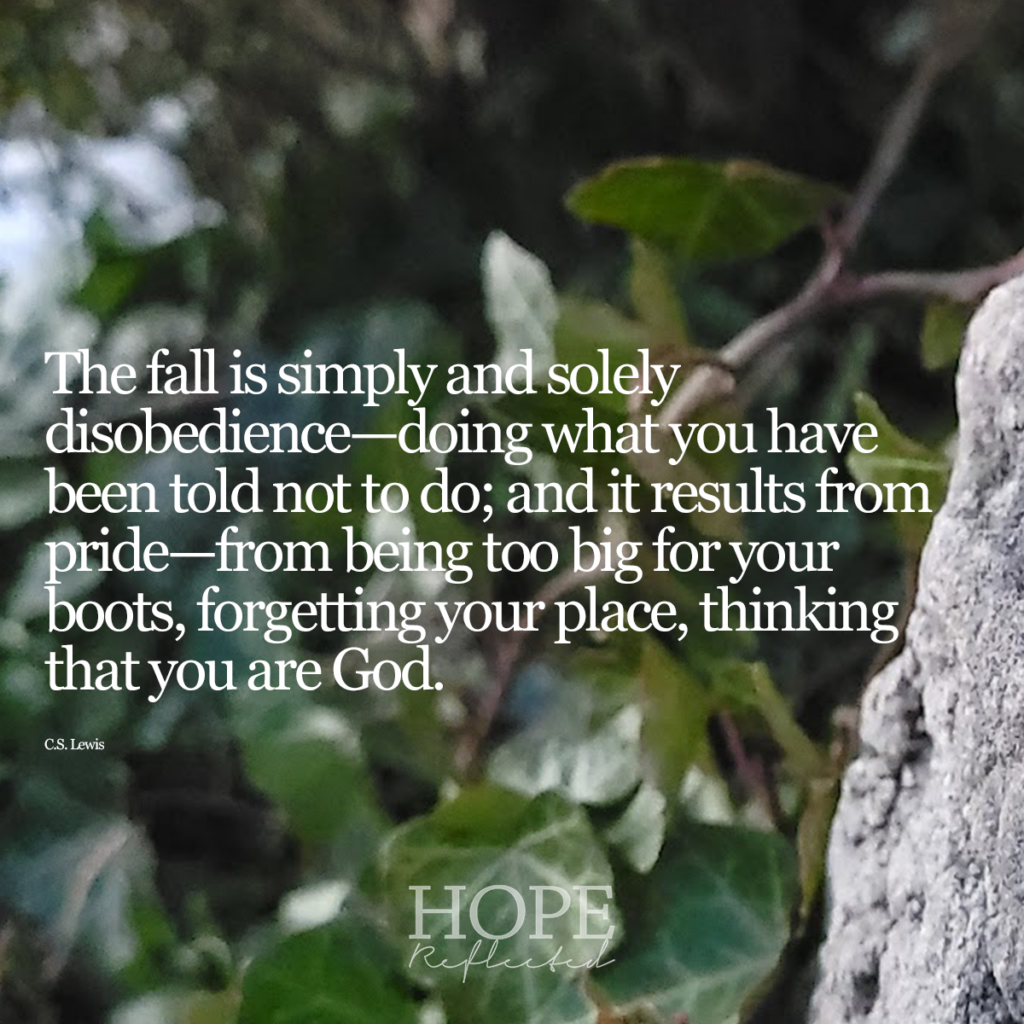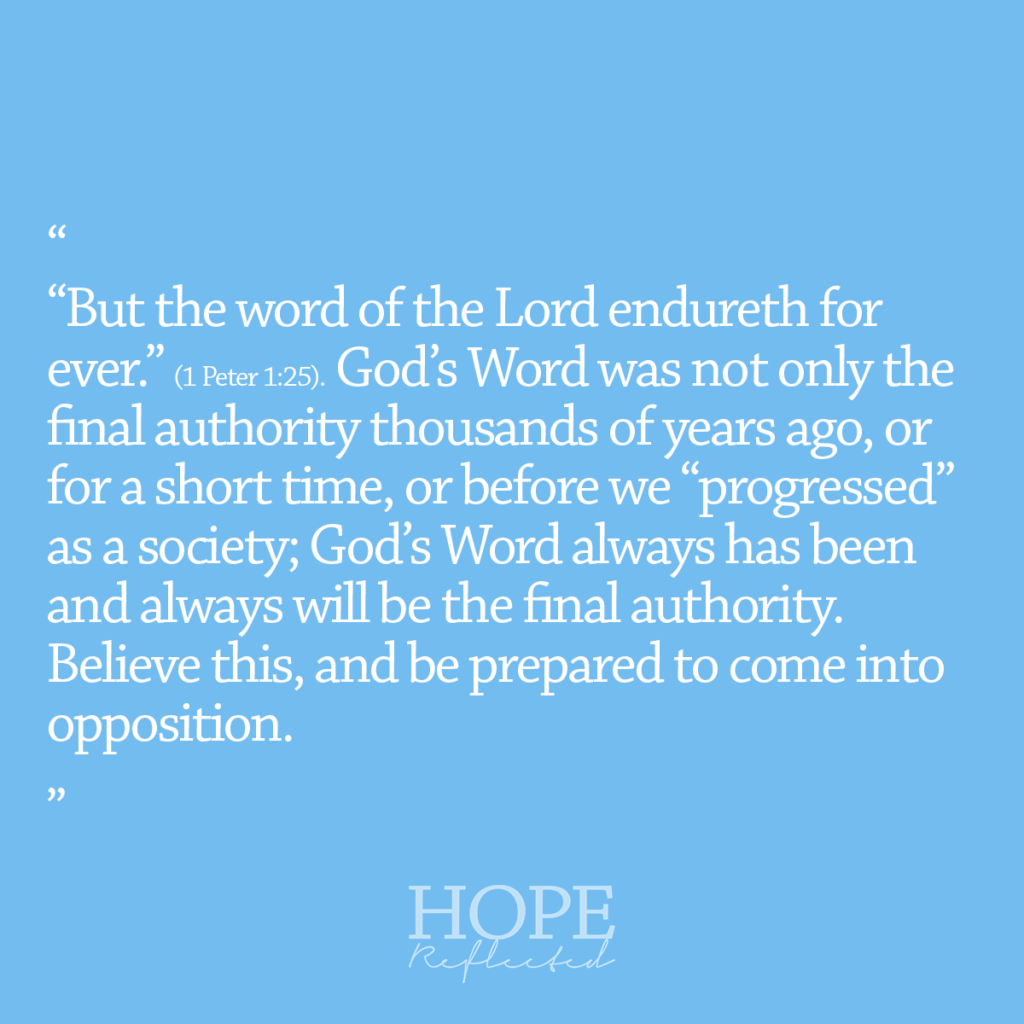Disobedience is our downfall
Written by H, Posted in Christian Living, Published Work

Recently, Wes and I were reading through 2 Samuel 6 and we came to the part where David and the house of Israel transport the ark of God out of the house of Abinadab to bring it to Jerusalem. What stood out to both of us was how Uzzah was killed when he reached out and tried to steady the ark of God.
“Uzzah put forth his hand to the ark of God, and took hold of it; for the oxen shook it. And the anger of the LORD was kindled against Uzzah; and God smote him there for his error; and there he died by the ark of God.” (2 Samuel 6:6-7).
Wasn’t Uzzah trying to help?
Wasn’t Uzzah trying to do the right thing by steadying the ark of God so that it didn’t fall?
God is perfect and we are not
To the average reader, we may question how God could kill Uzzah for touching the ark of God, when it appeared that Uzzah was just trying to help. There may be portions of Scripture that appear to us to be wrong or outdated, but as many theologians have pointed out, God is perfect, we are not, and it’s not up to us to question His Word.
Digging a little deeper, it turns out that while Uzzah was trying to help, he was actually directly disobeying God’s commands. Had David, Uzzah, and company obeyed God, they never would have been transporting the ark of God by cart in the first place. God instructed only His children – more specifically the sons of Kohath (Num. 4:15) – to carry the ark, according to His specific design of the ark in Exodus 25.
The consequences of disobedience
One might ask then if only one group of people was allowed to carry the ark, and the ark wasn’t to be moved by cart, then how come God didn’t kill the Philistines for transporting the ark in 1 Samuel 4 and 6?
As Christians, one of the indicators of our salvation is that we will act differently than we did before we came to know the Lord. Our salvation is not dependent upon our works; our works are demonstrations of our salvation. We are called to obey God.
Because the Philistines did not know God, they didn’t understand God’s rules. David, Uzzah, and the rest of the children of Israel did know God, and they understood God’s rules, but chose to disobey them and do their own thing. Hence why God allowed for Uzzah to be killed. There are consequences when we directly disobey God’s Word.
“The fall is simply and solely disobedience –
C.S. Lewis
doing what you have been told not to do; and it results from pride –
from being too big for your boots, forgetting your place,
thinking that you are God.”
In A Preface to Paradise Lost, C.S. Lewis wrote that “The fall is simply and solely disobedience – doing what you have been told not to do; and it results from pride – from being too big for your boots, forgetting your place, thinking that you are God.”
On the outside, Uzzah’s intentions looked good – I certainly questioned why God would kill him – but God could see his heart, that “proud presumption”, as Matthew Henry called it.
“Pride goeth before destruction, and an haughty spirit before a fall.” (Proverbs 16:18).
Disobedience was Uzzah’s downfall.



![It should be a red flag when we hear Christians claim that they agree with every thing in the Bible, except the parts where God lists ___ [fill in the blank here] as sin. Read more of "Accused or excused?" on hopereflected.com](https://www.hopereflected.com/wp-content/uploads/2022/01/2022_jan5_hopereflected_accusedorexcused_Christiansquote-1024x1024.png)



![False friends or counterfeit kindness; whatever you want to call it, the world is filled with people who will say one thing to your face and then another behind your back; people who will woo you in order to get something from you.
It’s sad, but it’s true.
The Bible provides us with examples from Joab to Judas, and yet, we’re surprised when we find ourselves deceived and hurt by someone else.
So what are some of the hallmarks of a true friend?
You can read more about this on hopereflected.com [Link in profile]
.
.
.
#friends #friendship #kindness #counterfeitkindness #hurt #proverbs #truefriends #hopereflected #blog #blogpost](https://www.hopereflected.com/wp-content/plugins/instagram-feed/img/placeholder.png)